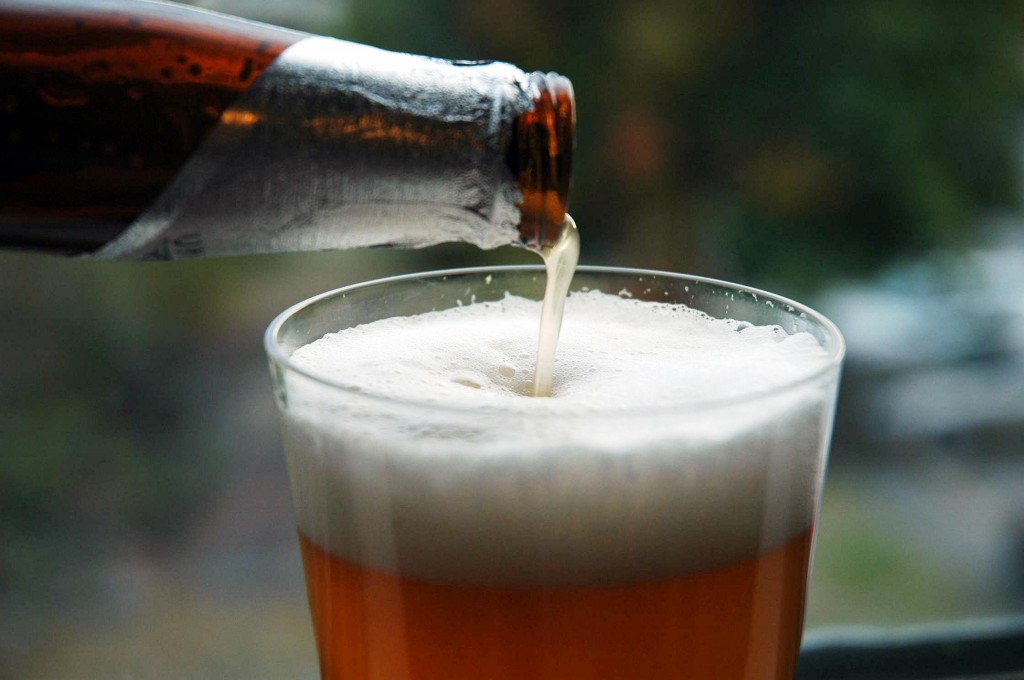
A young man goes to college with the intention of getting a degree. He knows it will take hard work, but that slip of paper will guarantee a secure future. All goes as planned, until he begins partying – five nights a week. His grades slip, and he’s in danger of being placed on academic probation. Thank goodness he chooses to give up binge drinking instead of losing a long held dream.
As an Alcohol and Other Drug Education (AODE) coordinator in Wisconsin, I see this scenario play out all too often. Students want to succeed, but the culture of drinking often derails their plans. That’s where my arsenal of little known facts about alcohol come into play. Once a student understands the ramifications of alcohol on the body, he many times decides that binge drinking isn’t so great after all.
First and foremost, a young man should understand that the human brain does not finish developing until close to the age of twenty-five. As explained by the National Institute on Alcohol Abuse and Alcoholism, “research shows that the brain continues to develop throughout adolescence and well into young adulthood. Many scientists are concerned that drinking during this critical developmental period may lead to lifelong impairments in brain function, particularly as it relates to memory, motor skills, and coordination.”
Students also fail to realize that binge drinking can affect performance in the classroom for several days. Many experts assert that as many as 48 hours after an episode of binge drinking, a student still does not process or recall information as effectively as usual. This means, of course, that taking tests will be that much more difficult.
In addition to not performing as well in the classroom, early (and heavy) drinking in college may lead to serious problems with alcohol abuse later in life. This is especially true for children of alcoholics. Young men need to understand that alcoholism does tend to run in families. Even if drinking in college may seem like something one will “grow out of,” there is evidence that drinking may continue long after a diploma is earned.
Another interesting affect of alcohol on a man’s body: it acts as a depressant. Contrary to popular belief, alcohol does not decrease shyness and add to one’s sense of self-confidence. In reality, those effects are merely expectations. Studies have shown time and time again that alcohol may slow down one’s responses and make one tired, but it certainly does not make a man transform from shy to suave.
If these facts do not convince a young man to curb his out of control drinking, then maybe a statistic will. It is a stat: 40% of young people who drop out of college do so because of problems related directly to alcohol. This shocking number should make a young man who has a dream of earning a diploma think twice. One drink once in a while does not hurt a 21 year-old. Five drinks, five nights a week will certainly impact the same man negatively.










